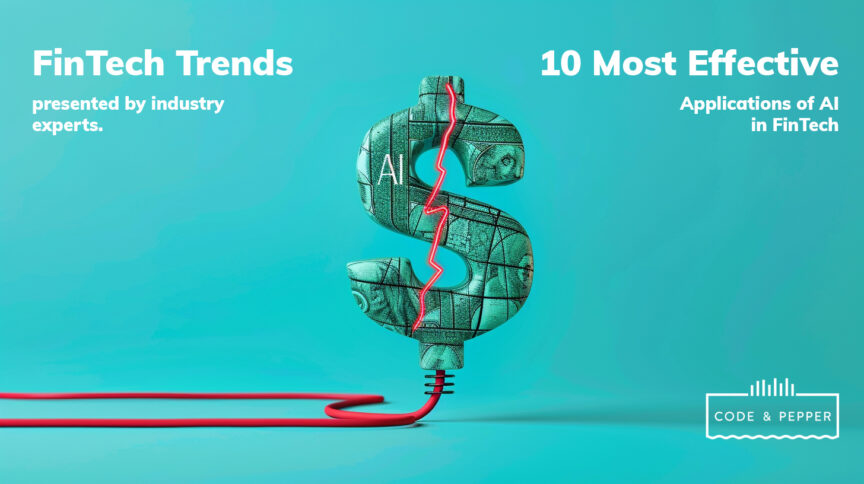10 Most Effective Applications of AI in Fintech

Technological advancement comes in many ways. Some trends become buzzwords and fade away with time, leaving only a sour taste. Some withstand the test of time. Some, finally, have the potential to transform the entire landscape. Artificial intelligence is a great example of the last one. Here are some of the most important applications of AI in fintech – proving, that marriage of human design and machine perfection is an interesting match.
Read more